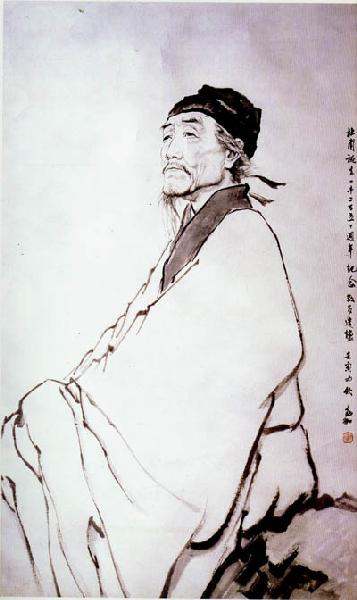| About China > History > Celebrities |
|
|
Du Fu
Du Fu (712-770) was titled "The Sage of Poetry" in China. He was born in today's Gong County in Henan Province.
During the Treason of Anshi, he tried to travel to where Tang Emperor Suzong was but was unfortunately captured by the traitors. After a narrow escape, his talents finally found a place of use and he gained a high position in the government. But later his words angered the emperor and he was banished to become a soldier. Not satisfied with his current situation, Du Fu refused to be exiled and went home to build a thatched cottage, from where many of his masterworks came. In 770, Du Fu died on a ship during a trip.
Du Fu read numerous books and was talented in poetry. Due to his failure in the political world, he lived a poor and turbulent life. His poems are often large in form and of various natures. They not only reflect the misfortunes he encountered but also the corruption of the society. There are about 1400 poems that survived to date. Du Fu was able to use all of the poetic forms of his time and creatively developed them to their pinnacle. His poems were later set as examples for generations. |
||||
 |

 His Works
His Works